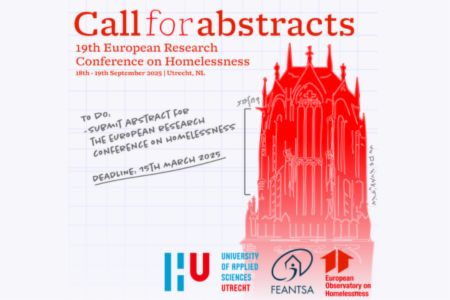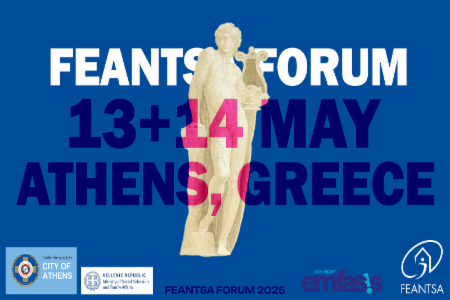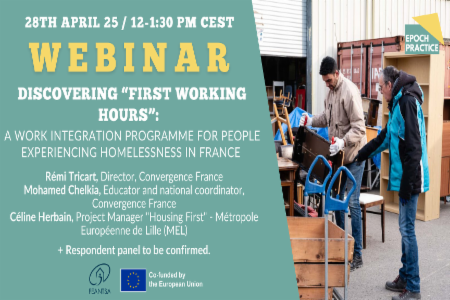The interpretation of the notion of “worker” is of utmost importance to the proper enjoyment of EU free movement rights by destitute mobile EU citizens. There is evidence of a trend towards a narrow interpretation of “genuine and effective” as regards the nature of the activity, to exclude from residence rights, and from access to welfare benefits, mobile EU citizens engaged in low-wage jobs or working only a few hours a week. This approach is not consistent with EU case law, which does not set any requirement as to the minimum number of hours, the duration of the working relationship, or the level of remuneration required.
A narrow interpretation targets mobile EU citizens with precarious working conditions who are also more vulnerable to homelessness. As a consequence, this approach jeopardises destitute mobile EU citizens’ chances of accessing welfare benefits and finding a way out of homelessness.
This report, through a case-by-case analysis, provides an overview on the application of the notion of “worker” to mobile EU citizens engaged in low-wage and low-hour employment in Belgium, Germany, and the United Kingdom. It is based on contributions by Anthony Valcke (EU Rights Clinic), Matthew Evans (the AIRE Centre) and Stamatia Devetzi (University of Applied Sciences Fulda).
Read the report in French





